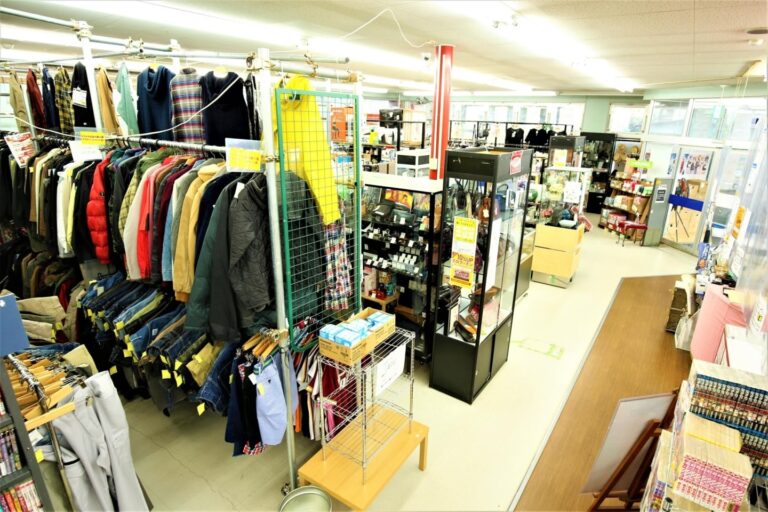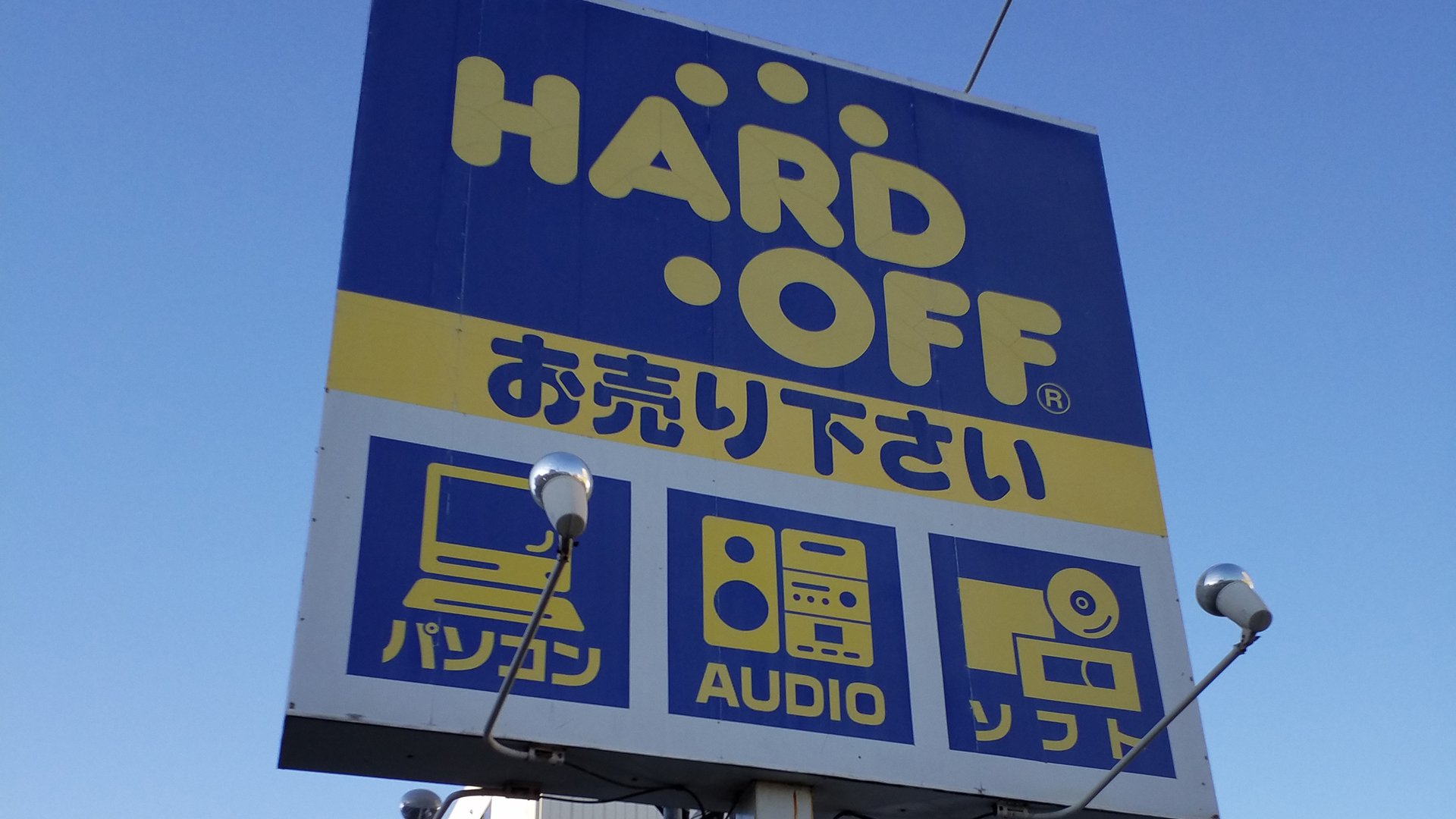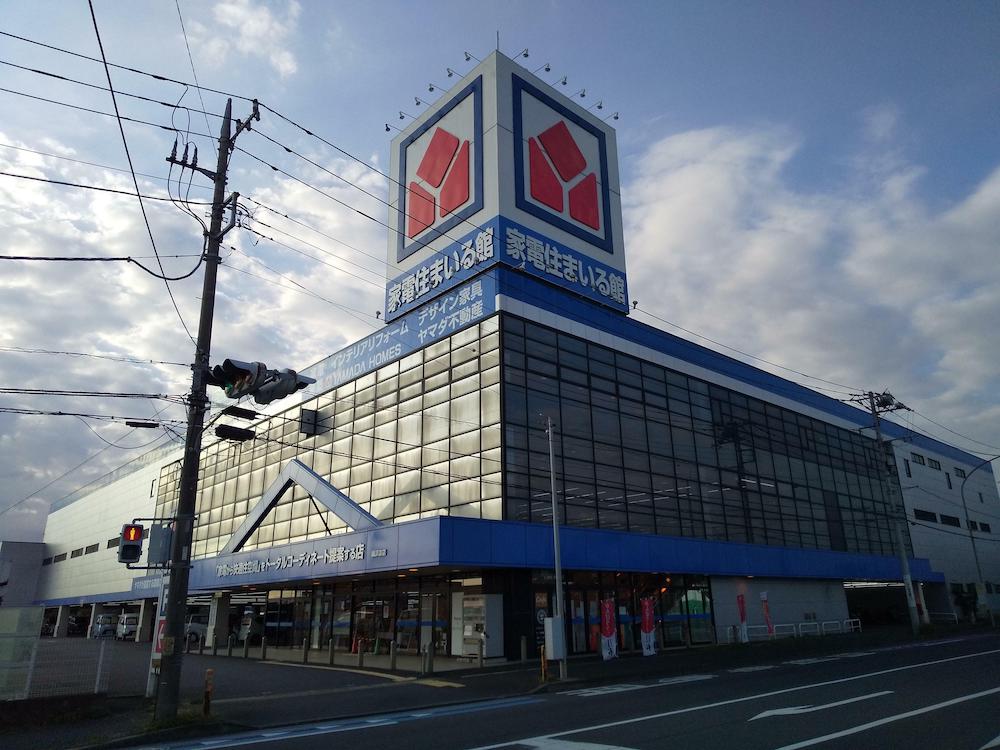
When it comes to shopping in Japan, the vibrant world of second-hand stores offers a unique and fascinating experience for locals and travellers alike. From bustling flea markets to specialized vintage boutiques, Japan’s second-hand stores provide a treasure trove of diverse items, from clothing and electronics to antiques and collectables. These stores not only offer an opportunity to find one-of-a-kind items at affordable prices but also allow for a deeper understanding of Japanese culture, history, and the concept of もったいない (“waste not, want not”).
In this article, we will embark on a journey through the enchanting realm of Japan’s second-hand stores, uncovering the charm, variety, and untold stories behind each hidden gem.
Don’t Spend All Your Savings
Moving to Japan can be an exciting adventure, but it’s essential to approach purchasing furniture, electronics, and other everyday goods with caution. Falling into the trap of buying expensive, brand-new items can be a costly mistake. Instead, I implore you to exercise patience and explore the thriving world of second-hand stores. By waiting a bit and heading to these treasure troves, you can save a significant amount of money while finding quality items that still have plenty of life left in them.
Everything Is Almost New
One remarkable aspect of Japanese second-hand stores is the exceptional condition of the items you’ll find. This is largely due to the deep cultural respect that Japanese people have for their belongings. It is common for individuals in Japan to meticulously care for their possessions, treating them with utmost reverence. Consequently, when these items make their way to second-hand stores, they are often in pristine or near-new condition. Whether it’s clothing, furniture, electronics, or other everyday goods, you’ll frequently encounter items that appear as if they have just been purchased. This dedication to preserving and maintaining possessions not only reflects the Japanese value of quality and craftsmanship but also ensures that those who shop at second-hand stores can enjoy the benefits of owning items that are both affordable and essentially in new condition. It’s a testament to the enduring respect that Japanese people have for the things they own.
Where To Buy Second Hand Items
Hard Off

That’s the name…seriously! I can’t believe it either. Anyway, for furniture this is my first recommendation. This is where you’ll want to go if you want to find decently priced furniture or home appliances. Of course, their stock differs between stores, but most stores have a half-decent selection of sofas, tables, fridges, washing machines, and more. Aside from the bigger items, they have electronics, instruments, clothes (albeit pretty low-quality offerings), and pretty much anything else you could think of. They check all their items thoroughly and often have insurance, so you can simply take the item back if it turns out to be broken. I bought a guitar from Hard Off once that came with 3 months of insurance. When it broke, I took it back and got a refund with no questions asked.
If you can’t drive, they have delivery options, and if you have insurance, they’ll even give you a van for free to drive it home yourself (in all honesty though, I’ve been rejected from this service multiple times, probably because they assume I don’t have the right insurance being foreign).
One of the best things about Hard Off that is often overlooked, is the Junk section. This is an area of the store that sells less-than-perfect goods. What’s nice about this section, is they write the exact problem on the product label. Sometimes, the defect is so severe you wouldn’t buy the product. But sometimes it’s something relatively minor that you might not care about for the money saving. One of my friends knew she didn’t want to stay in Japan more than 1 year. When faced with buying a washing machine, she was reluctant to invest. I managed to find her a washing machine in the Junk section for 6000 yen that’s only issue was that it was loud when it spun. For her it has worked perfectly, and it was a great purchase. You’ll need to be able to read hand-written Japanese to make the most of these goods, but if you can then it’s a no-brainer.
There are also affiliate stores, Book Off and Hobby Off. They form a trifecta of Japanese second-hand wonder. Book Off stands as a haven for bookworms and literary enthusiasts, offering an extensive collection of used books, manga, magazines, and even CDs and DVDs. Whether you’re in search of classic literature, popular manga series, or out-of-print gems, Book Off is a treasure trove for literature lovers. Lastly, Hobby Off caters to hobbyists and collectors, boasting an impressive selection of figurines, trading cards, model kits, musical instruments, and more. It’s a paradise for those passionate about hobbies and seeking unique items to enhance their collections. Together, Hard Off, Book Off, and Hobby Off provide a diverse range of second-hand delights, inviting visitors to explore, discover, and indulge in their varied interests at affordable prices.
2nd Street

Second Street is a prominent second-hand store chain in Japan. With its numerous locations throughout the country, Second Street offers a vast selection of goods, similar to Hard Off. I think of Second Street as a more up-market Hard Off. Everything is a little bit nicer, and a little bit better quality. If you want clothes or instruments, I’d recommend Second Street over Hard Off. They also offer delivery for bigger items, but they don’t have a free van rental service.
Yamada Denki

Yamada Denki is a renowned electronics retailer in Japan. It not only excels in offering the latest gadgets and cutting-edge technology but also boasts an impressive second-hand section that is a treasure trove for tech-savvy shoppers. Within Yamada Denki’s second-hand department, customers can discover a wide range of pre-owned electronics, including smartphones, laptops, cameras, gaming consoles, and home appliances. Yamada Denki thoroughly inspects and refurbishes these items before placing them on the shelves, ensuring that customers can purchase second-hand electronics with confidence. This not only presents a budget-friendly option but also grants access to well-known brands and high-end devices at a fraction of their original price. This is where I go to get gadgets. I get the sense that the store workers have more specific knowledge about the electronics than at other, more general, second-hand stores, so I feel more comfortable buying from here.
Jmty
Although this isn’t a second-hand store, it’s still worth mentioning. Jmty, a popular Japanese website, serves as a versatile online platform that connects individuals looking to buy and sell pre-owned items. Similar to its Western counterparts like eBay or Craigslist, JMTY provides a user-friendly interface to connect buyers and sellers. You’ll need Japanese to navigate this website and chat to potential buyers/sellers. But if you are willing to practice your Japanese (or use a translation app) then you’ll get some great deals on here. One piece of advice is you should go super polite when you message people or they’ll likely be scared off. I didn’t use enough 敬語 (keigo, polite language) when I first arrived and I think I lost out because of it.
Jmty also embraces the Japanese cultural preference for cleanliness and attention to detail, as users are encouraged to provide accurate descriptions and high-quality photos of their items. This attention to quality and reliability creates a trustworthy environment for buyers and sellers alike. Whether you’re searching for second-hand electronics, fashion items, or furniture, JMTY offers a convenient and reliable platform that reflects the Japanese commitment to efficiency, safety, and customer satisfaction. I’ve found some absolute steals on JMTY so it definitely shouldn’t be overlooked.
When you move to Japan, I implore you to embrace the もったいない culture and get pay a visit to your local second sand stores. You won’t regret it!















